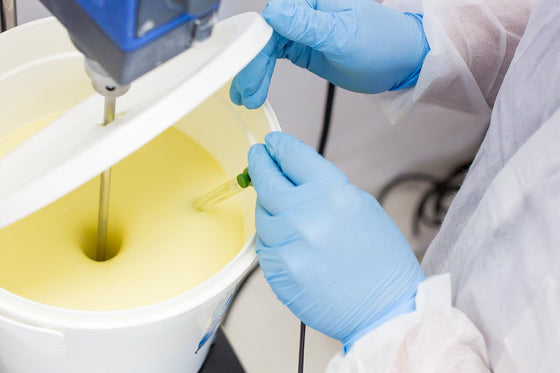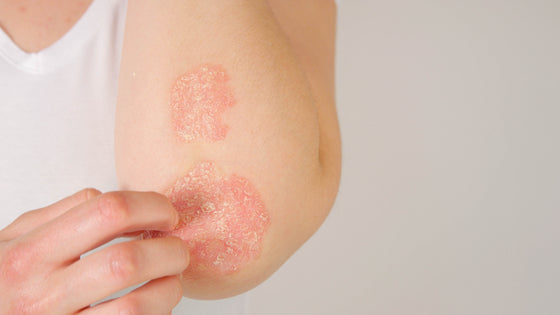
Biofilms are diverse communities of microorganisms (e.g. bacteria, fungi and yeasts) that embed themselves within a self-produced matrix and in doing so firmly attached themselves to one another and/or to surfaces. These surfaces may be biological (e.g. skin, wounds, teeth, or other body membranes), or not (e.g. implements, medical devices, furniture, or jewellery). The biofilm promotes the growth of the microorganisms, resulting in the thickening of the biofilm. In extreme cases, biofilms may appear as a “slime” to the naked eye.
Biofilms may harbour disease-causing organisms. According to one estimate, up to 80% of all microbial infections involve biofilm formation (1). If an infection develops a biofilm, it becomes even harder to treat. Biofilms are remarkably difficult to treat with antimicrobials, but the reasons for this are not clear. Antimicrobials may be inactivated or may fail to penetrate into the biofilm. In addition, bacteria within biofilms have increased (up to 1000-fold higher) resistance to antimicrobial compounds, and to the body’s defences (1, 2). Due to their embeddedness and resistance, biofilms often prove difficult to remove.
It has been suggested that skin biofilms may explain the chronic nature of many dermatological conditions, including atopic dermatitis, poor wound healing, acne, Candida infections, impetigo and boils (3).
There are a number of approaches to reduce the impact of biofilms and help the skin return to its normal healthy state. Contact Border Compounding Pharmacy and talk to a pharmacist to learn more about this fascinating area of skincare.
Comments will be approved before showing up.

Medicinal cannabis products are legal, high quality medicines that can be prescribed for people by their doctor. Medicinal cannabis is derived from cannabis plants and can be used to treat the symptoms of certain medical conditions, and the side effects of some treatments.
